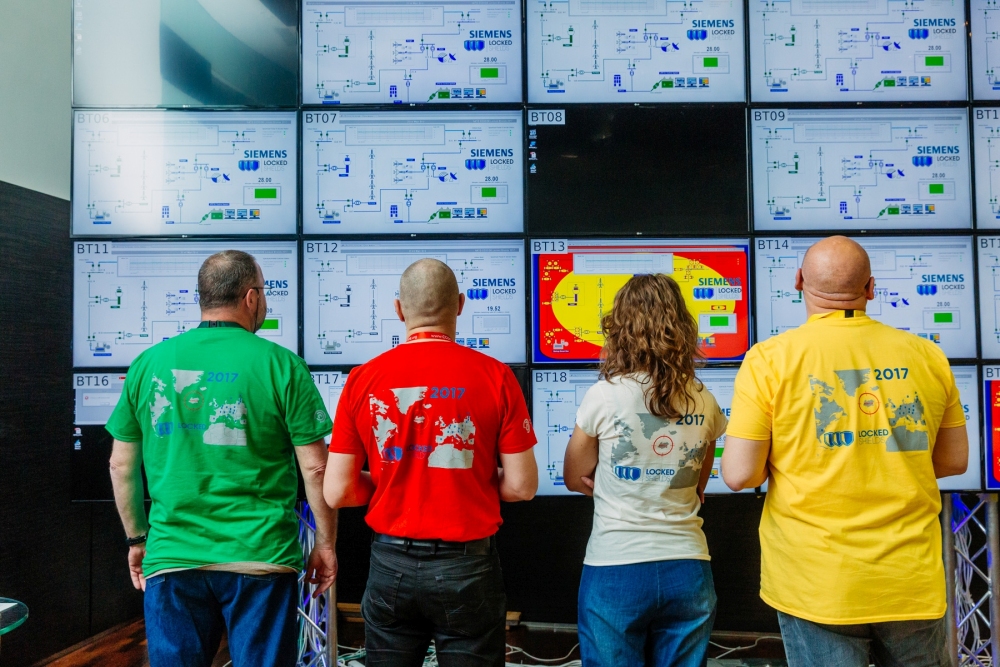Nearly 900 Cyber Security Experts Advanced Their Defensive Skills in Locked Shields 2017
The active phase of the largest and most complex international technical live-fire cyber defence exercise Locked Shields 2017 came to end today. In total 3000 virtual systems and 2500 attacks were included.
“The Blue Teams are getting better every year, making the exercise also more demanding for the core planning team. This year we included more specialised systems to offer the teams new challenges,”said Thomas Svensson, CSO at atsec information security and Deputy Head of the White Team, core planning team of the exercise. “To be successful in Locked Shields the competing teams need to master both technical and soft skills, meaning they must be able to handle media and legal requests while solving cyber incidents.”
The annual scenario-based real-time network defence exercise focuses on training the security experts who protect national IT systems on a daily basis. In 2017 the Blue Teams were tasked to maintain the services and networks of a military air base of the fictional country, which, according to the exercise scenario, will experience severe attacks on its electric power grid system, drones, military command and control systems and other operational infrastructure.
In addition to ordinary business IT environment, several specialised IT systems are introduced to Locked Shields in 2017, reflecting the current threat landscape.
Locked Shields exercise has been organised by the NATO Cooperative Cyber Defence Centre of Excellence since 2010. Every year, teams are put under intense pressure to maintain the networks and services of a fictional country. This includes handling and reporting incidents, solving forensic challenges, and responding to legal and strategic communications and scenario injects. To stay abreast of market developments, Locked Shields focuses on realistic and cutting-edge technologies, networks and attack methods.
Locked Shields 2017 is organised in cooperation with the Estonian Defence Forces, the Finnish Defence Forces, the Swedish Defence University, the British Joint Army, the United States European Command, Air Operations COE and Tallinn University of Technology.
Industry partners in the exercise include Siemens AG, Threod Systems, Cyber Test Systems, Clarified Security, Iptron, Bytelife, BHC Laboratory, openvpn.net, GuardTime and numerous others.
The NATO Cooperative Cyber Defence Centre of Excellence (NATO CCD COE) is a community of nations providing a 360-degree look at cyber defence, with expertise in the areas of technology, strategy, operations and law. The heart of the NATO Cooperative Cyber Defence Centre of Excellence is a diverse group of international experts from military, government and industry backgrounds.
The Centre is staffed and financed by its sponsoring nations and contributing participants. As of October 2016, Belgium, the Czech Republic, Estonia, France, Germany, Greece, Hungary, Italy, Latvia, Lithuania, the Netherlands, Poland, Slovakia, Spain, Turkey, the United Kingdom and the United States are signed on as Sponsoring Nations of the NATO Cooperative Cyber Defence Centre of Excellence. Austria and Finland have become Contributing Participants, Sweden has applied for membership in the same format, a status eligible for non-NATO countries.
